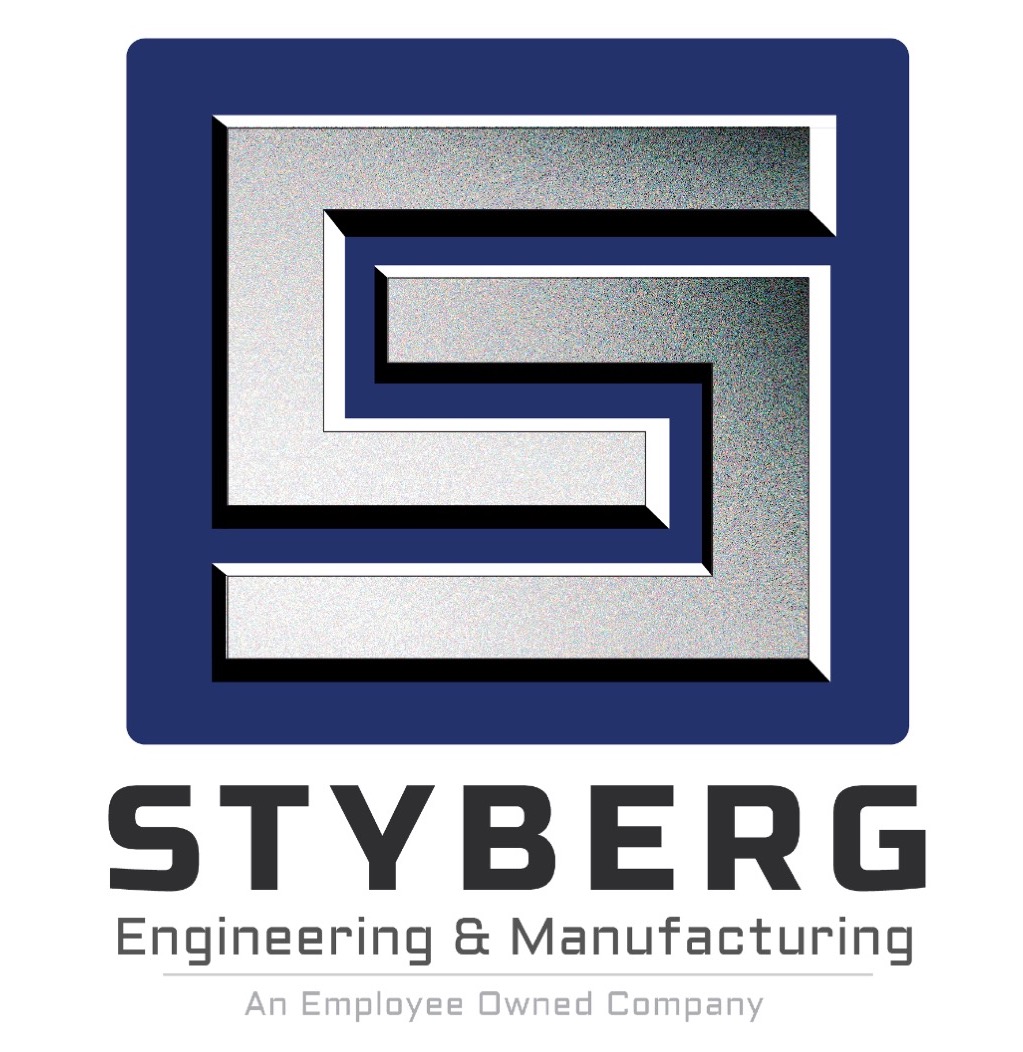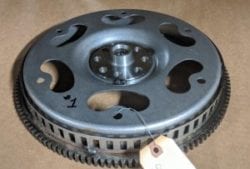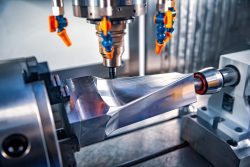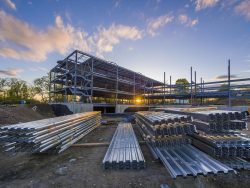Five Ways To Solve Design Challenges With Dallas TX CNC Machining
CNC machining has revolutionized the manufacturing industry by offering unparalleled precision and flexibility in creating intricate components. However, certain design challenges can arise when translating complex concepts into CNC-compatible designs. Designers can confidently push the boundaries of creativity and manufacturing by delivering high-quality components and products with this innovation. This post explores five effective ways to overcome design issues with Dallas TX CNC machining to empowering engineers and designers with this cutting-edge technology.
Embrace Design for Manufacturability (DFM) Principles
We adopt Design for Manufacturability (DFM) principles as one of the key strategies for solving design challenges in custom CNC machining. DFM focuses on creating designs that are easier to manufacture as they minimize the risk of errors and maximizing efficiency. Businesses collaborate with our machinists and leveraging our expertise to identify potential design flaws early in the process. Together, we can optimize geometries, choose suitable materials, and select the appropriate machining techniques to ensure the design is CNC-compatible.
Simplify Complex Geometries
While Computer Numerical Control manufacturing is highly capable of producing intricate components, overly complex geometries can lead to challenges during production. As such, we streamline designs by removing unnecessary features or combining multiple components into a single piece can improve manufacturability. Additionally, we reduce the number of tool changes and minimize the number of machine operations to enhance the efficiency of processes.
Employing Multi-Axis Machining
Our designers take advantage of multi-axis CNC manufacturing that allows for greater flexibility in accessing complex geometries from multiple angles. They utilize 4-axis or 5-axis machines to achieve more intricate shapes without requiring additional setups or repositioning. This approach reduces cycle time and minimizes error accumulation. Also, it enables the production of parts that were once deemed challenging or impossible with traditional manufacturing methods.
Utilizing Computer-Aided Manufacturing (CAM) Simulation
Our designers can utilize CAM simulation software to visualize the toolpath and simulate the production before proceeding with the actual process. This allows them to identify potential collisions, interference, or issues in the design. Conducting simulations helps designers in making necessary adjustments to the toolpath and geometry to minimizing the risk of errors during actual production.
Effective Communication with CNC Machinists
Collaboration between designers and Dallas CNC fabrication companies is essential to overcome design challenges successfully. We encourage regular and open communication to ensure that machinists understand the design intent and can provide valuable feedback on manufacturability. We work together as a team of designers and machinists to find innovative solutions to complex design issues and achieve the desired results efficiently.




